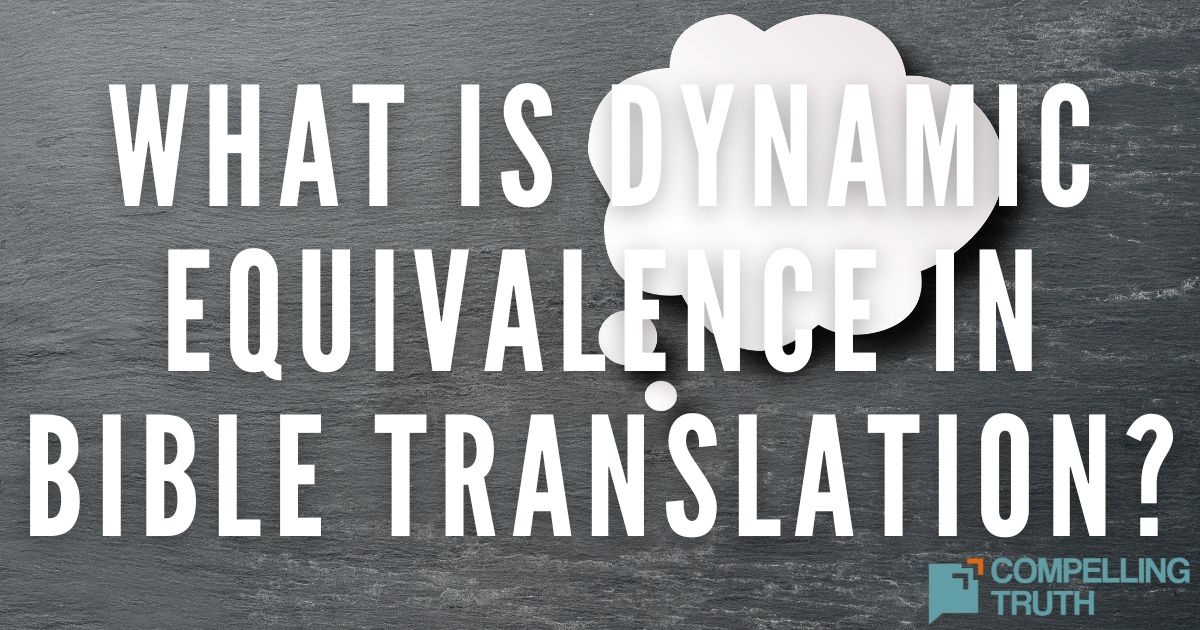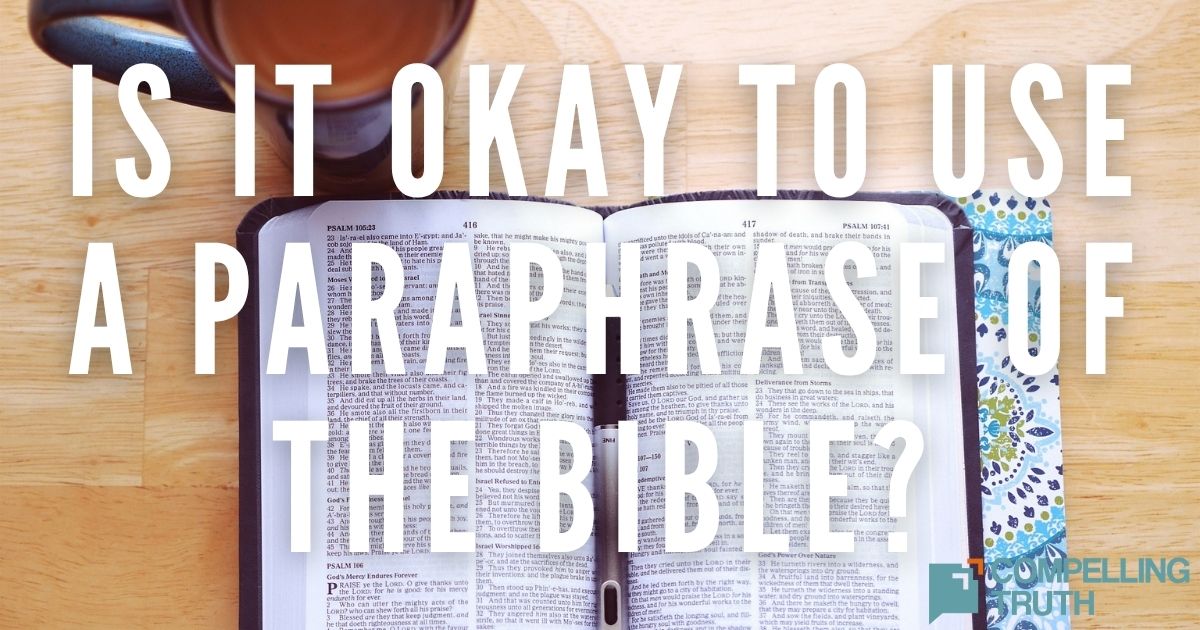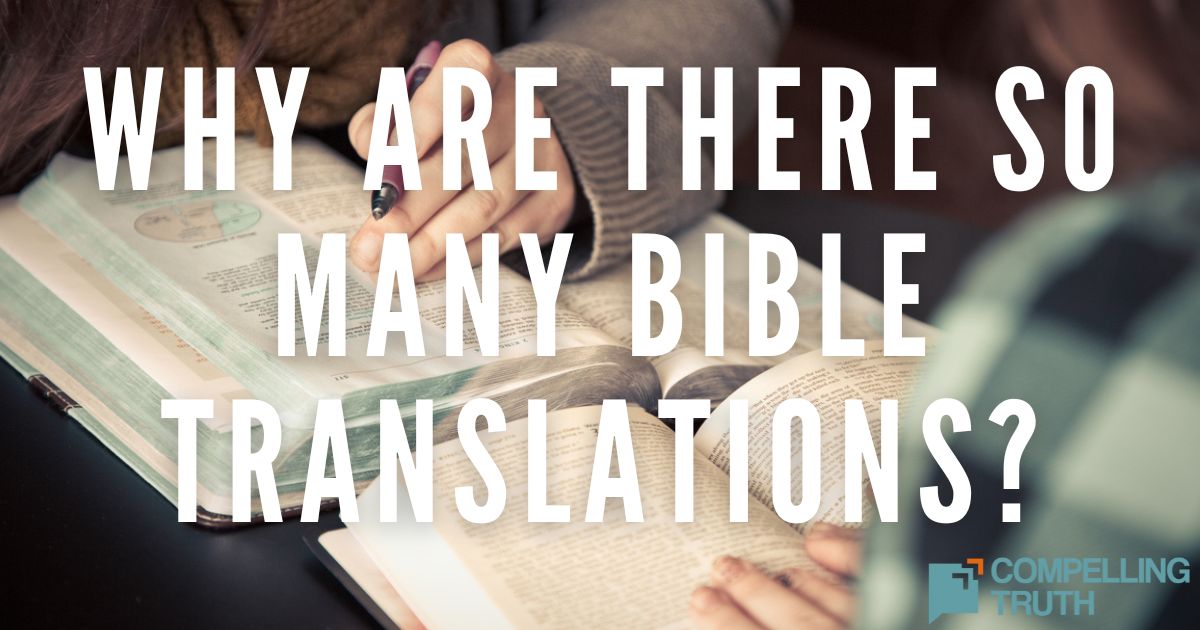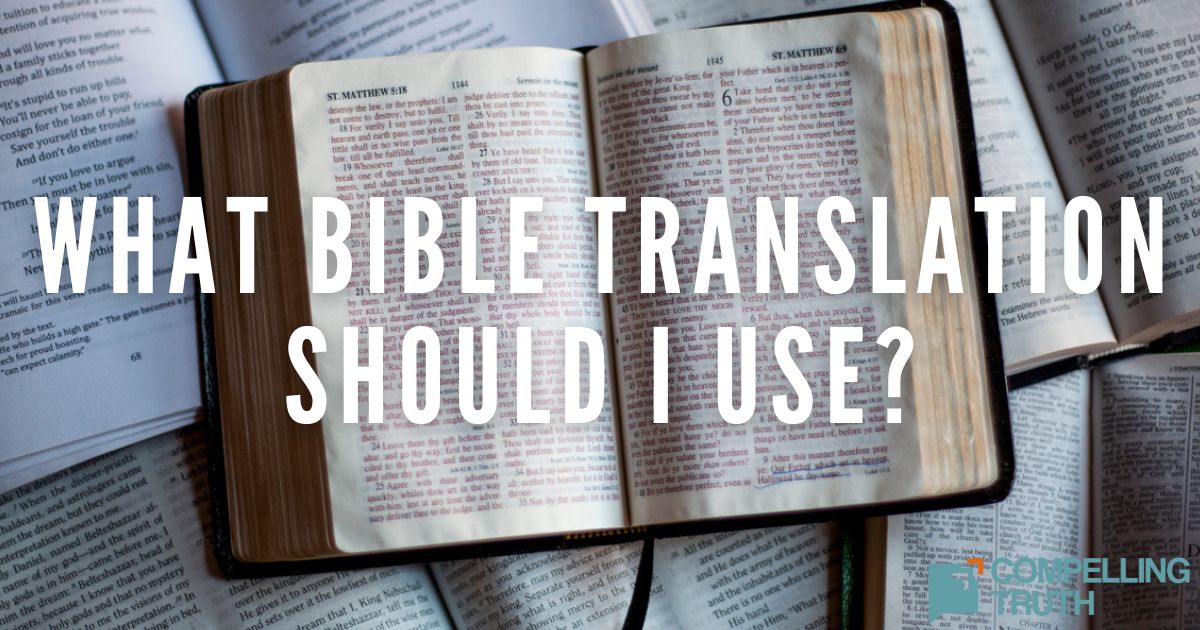The Mirror Bible, also called the Mirror Word, is a paraphrase translation of portions of the New Testament by South African pastor Francois du Toit. Unlike faithful translations, it overlays du Toit’s erroneous personal theology—including universalism and a focus on mindset over sin—onto Scripture, often distorting its meaning. For example, while the Bible clearly teaches that salvation requires belief in Christ (John 1:12) and addresses humanity’s fallen state and need for redemption (Romans 3:23; 6:23; Ephesians 2:1–3), the Mirror Bible suggests that humans are already children of God and that salvation is largely a matter of realizing this fact, minimizing the seriousness of sin and the necessity of rebirth. Du Toit calls it the Mirror Bible because he emphasizes humanity as a reflection of God’s image (Genesis 1:26), yet this philosophical overlay shifts the focus from God’s holiness and the redemptive work of Christ. While the Mirror Bible contains some truths, it functions more as a commentary than a faithful translation, and readers are cautioned to understand the translator’s methodology and theology before using it for Scripture study. This highlights the broader principle that paraphrases can never replace careful engagement with Scripture itself, and discernment is required to avoid misinterpretation or theological distortion.
The Mirror Bible (also known as the Mirror Word) is a paraphrase translation of the Bible by South African pastor, teacher, and writer Francois du Toit. As of this writing, he has completed some of the New Testament (Luke 1—16, The Gospel of John, Romans, 1 Corinthians, 2 Corinthians, Galatians, Ephesians, Philippians, Colossians, 1 Thessalonians, 2 Timothy, Titus, Hebrews, James, 1 Peter 1—2, 2 Peter 1, 1 John 1—5, Revelation).
It is called the Mirror Bible because of du Toit's exposition on Genesis 1:26: "I remember how it dawned on me that we cannot even begin to understand the cross until we realize Genesis 1:26. We were made in the image and likeness of God. It was not our pitiful state that moved God to pay such a ridiculous price for humanity's redemption; it was his love knowledge of our likeness that persuaded this act" (https://www.mirrorword.net/mirror-study-bible-faq ). In his FAQ page for the translation history, he goes on to explain that we always have been and continue to be a reflection (mirror) of God's image.
There are echoes of truth in du Toit's theology. However, he promotes universalism. He seems to overlay his beliefs on his paraphrase rather than explain the actual meaning of the text. Reading into Scripture what we want it to say rather than allowing Scripture to speak for itself will never lead to an accurate understanding of the Word.
When choosing a translation of the Bible for study of Scripture, we must try to understand the methodology and theological position of the one(s) doing the translating. Often Bible versions will indicate their "translation philosophy" on an introductory or descriptive page near the front (or on a website). Reviewing that will help us understand what was prioritized in the translation (for example, dynamic or formal equivalence, which manuscripts were considered, whether it was intended to push a particular agenda) and the credentials of those on the translation team.
A paraphrase, like du Toit's, is better considered to be a commentary on the Bible than an actual translation. When looking at commentaries, it is helpful to understand the author's approach to the Bible (for example, do they see it as the inspired Word of God? Do they take a literal approach?) and if they have a particular goal or agenda in producing the commentary. We do not consider the Mirror Bible to be a helpful paraphrase. In fact, it seems to twist Scripture and is more likely to lead people away from truth than it is to help bring out the meaning of the text.




